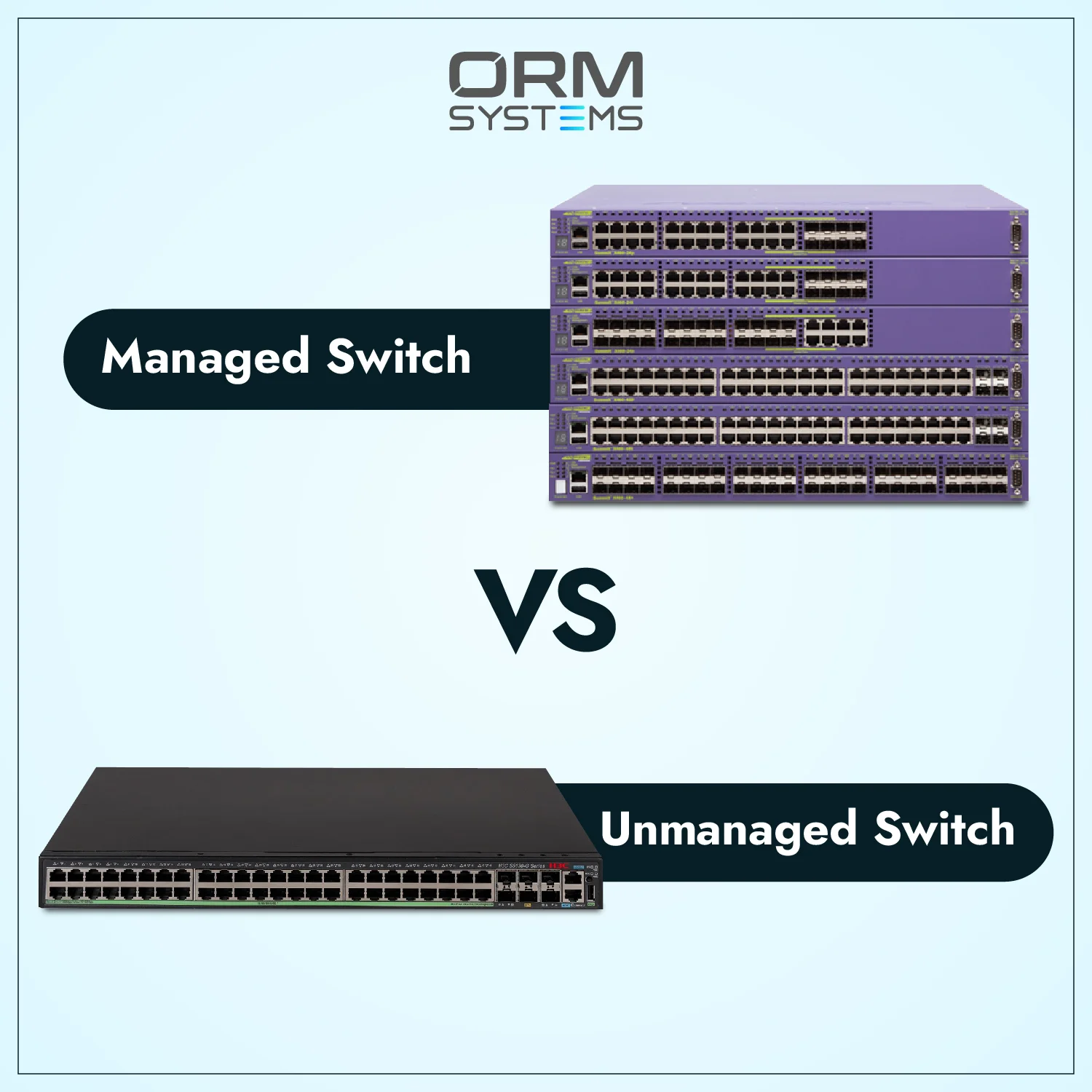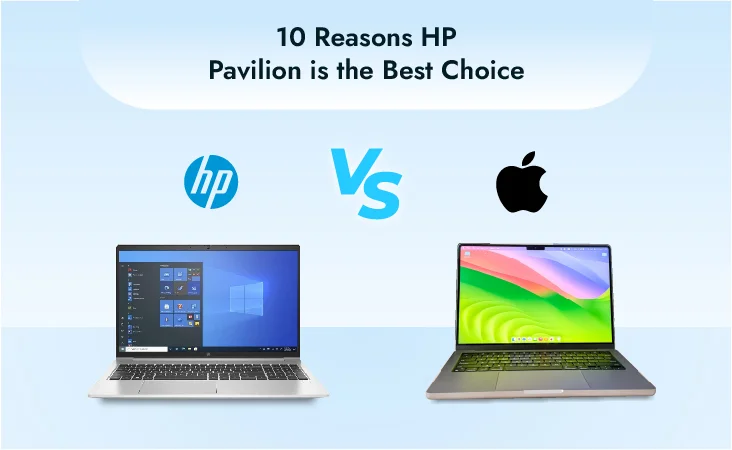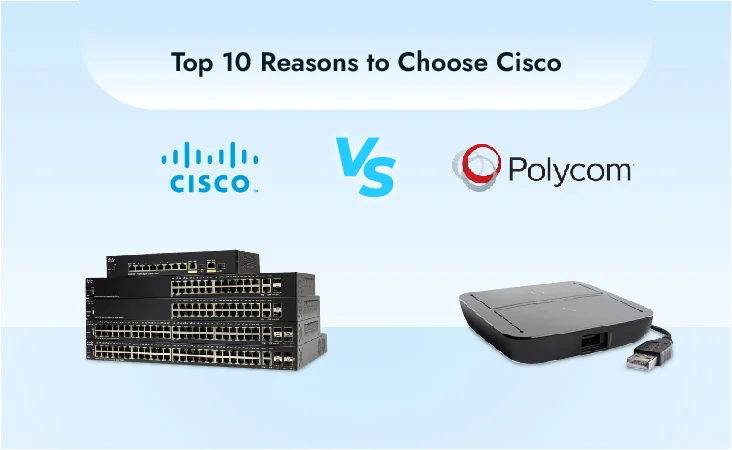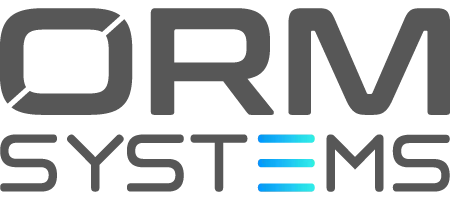PRODUCTS
 19
19A firewall has always been an essential element for global networking and security teams. In the early days, when the first generation of firewalls came out, the major focus was on source IP, destination IP, port, and protocol. Since firewall was new in the tech world, engineers have to develop both inbound and outbound rule sets in order for the firewall to know the “state” of the connection. On the second generation of firewall, engineers build and incorporate intelligence in order to oversee and monitor the “state” of the connections. Thus, in this generation, the rules are set to apply to bidirectional connections.
In the third generation of firewalls,
engineers now added intelligence to understand how different protocols function
and adapt accordingly in real-time. This dynamic change in technology paves the
way for the Next Generation Firewall (NGFW) feature we use today.
The Next-Generation Firewall
(NGFW) adds more intelligence and protective layers to the boundary of
conventional firewalls such as application layer detection, and intrusion
prevention system. By its very name, NGFW is the advanced level of firewall
protection, and in this blog, we will discuss how this Next-Generation Firewall
can benefit your organization.
NGFW delivers application-level
security by integrating with the Intrusion Detection (IDS) and Prevention (IPS)
system. These integrations help detect threats and block the packets from
circumventing the firewall.
With these applications, you
will be able to optimize packet content filtering. Furthermore, they also help
in identifying, analyzing, and responding to inconsistent deviations from
threat signatures, smart attacks, and standard activity sets based on user
behavior.
You can remotely set up
Next-Generation Firewalls from a single console. Whereas in traditional
firewalls, you are required to set up and configure the firewall manually.
Traditional can only prevent
access through ports which is a single layer of protection. It is an outdated
method, especially when it comes to a highly complex and dynamic data
architecture environment.
On the other hand, NGFW
inspects traffic from Layer 2 to Layer 7, providing multiple layers of
protection. At the same time, NGFW also understands the nature of data transmission.
For instance, it will allow transferring the data if it’s within the predefined
firewall policy, otherwise, it will block the data transfer in its entirety.
In traditional firewalls, you
need a separate security application to deal with each new threat. While, in
NGFW, you can use a single authorized device to manage and update security
protocols quite efficiently.
Thus, NGFW simplifies the
entire process of managing security infrastructure and saves you time for easily
conducting daily operations.
In traditional firewalls, the
internet speed slows down with the addition of a number of security protocols
and devices. This is because private network speeds cannot efficiently leverage
the internet speed due to the increase in security equipment and services.
Whereas in NGFW, you can efficiently
and effectively utilize the internet speed with no regard to how many security
protocols and devices you add to your network infrastructure.
Traditional firewalls do not
provide end-to-end security which makes your data vulnerable to threats and
cyberattacks.
On the other hand, NGFW comes
with a full suite of antivirus, ransomware, and spam protection. It provides
end-to-end security to protect your data from potential threats.
Thus, it also saves your money
as you don’t have to buy separate software or tools for these purposes. Moreover,
it also saves your time and effort as these tools help you easily identify,
monitor, and track cyberattacks and prevent them from ever gaining your
business data.
NGFW has a built-in capability
to detect and identify user identities. Furthermore, you can establish and set
up role-based access to different groups and individuals. That means these
groups and users will only get restricted access. With this feature, you will
be able to make some data public, while the rest are private. That leads to the
protection of your sensitive data.
In the end, NGFW is most
definitely an advanced level of firewall that ensures optimum security and
privacy of data. Moreover, by utilizing the capabilities of NGFWs, an organization
can effectively aggregate the technical debt created by the deployment of
multiple disjoint security systems on a single platform. Thus, NGFW helps
improve and optimize an organization’s security posture, alleviating the burden
and complexity of IT administrators and moderators. As a result, it ensures a high
level of security with potential for growth and scalability.
Recent Posts

Managed Switch Vs Unmanaged Switch: Everything You Need to Know in 2024
10 September, 2024

qweqwdasd
10 September, 2024

Apple vs HP: 10 Reasons HP Pavilion is the Best Choice
26 June, 2024

Cisco vs Polycom: Top 10 Reasons to Choose Cisco
24 June, 2024

Elitebook vs Probook: 10 Reasons to Choose Probook for Daily Use
11 June, 2024
Most Used Tags

Developing performance-driven networks to boost the efficiency of your business

Thank you for your interest in ORM systems, our experts will connect with you shortly.



